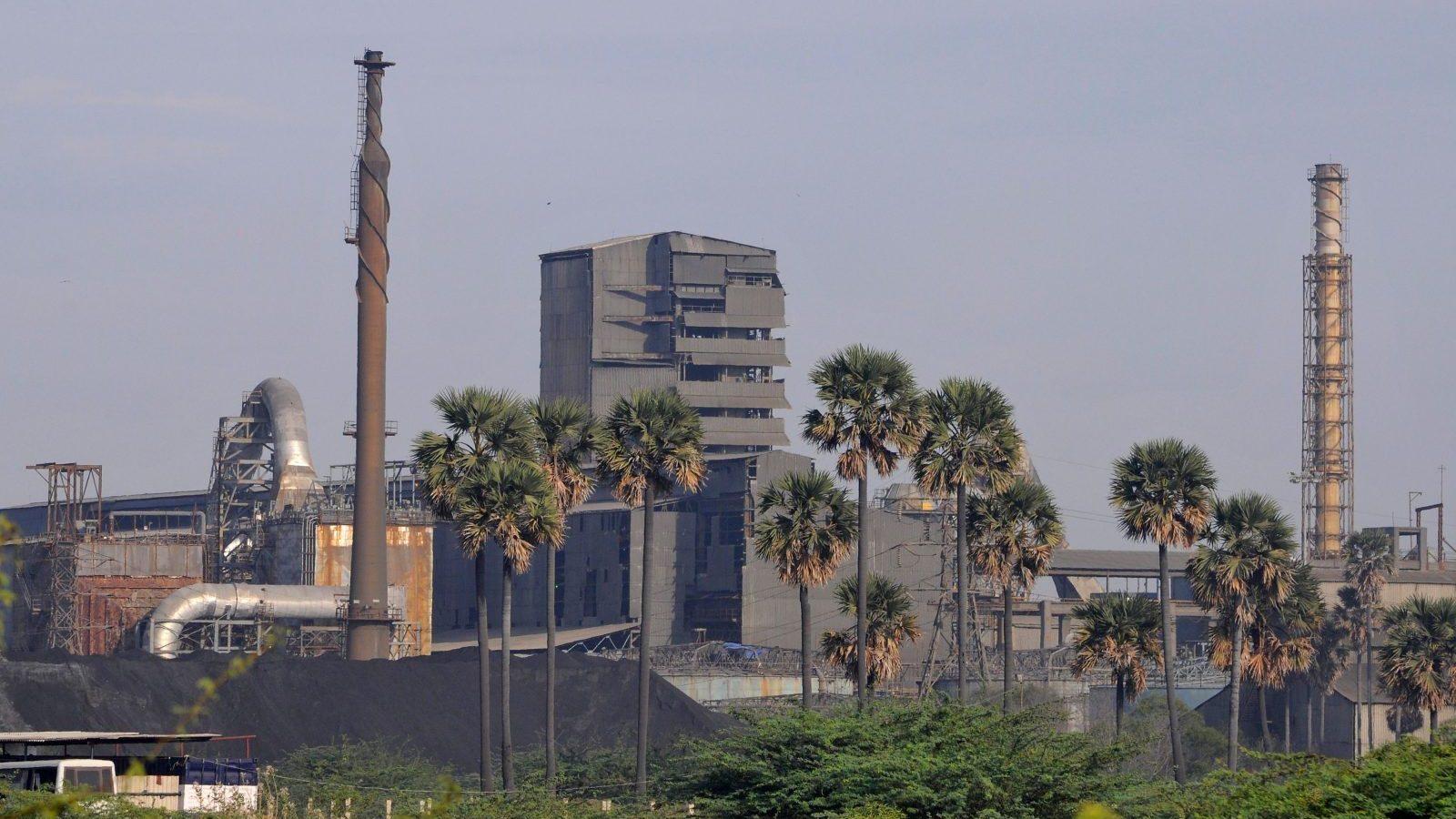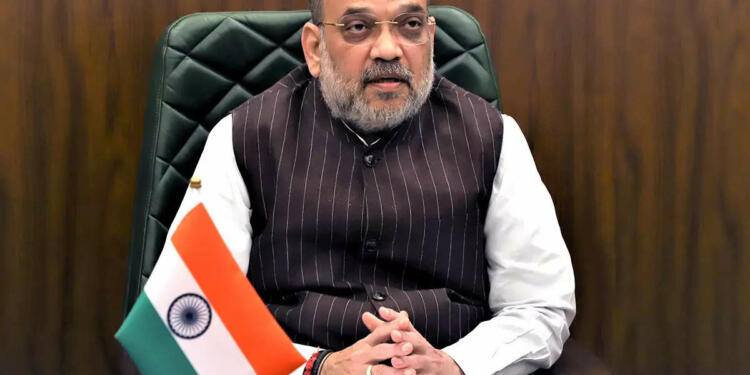Tightening the noose around foreign NGOs looking to create instability in the country using donations from foreign vested interest groups, the Government of India recently curbed funding for 10 climate change and child labour NGOs. RBI and other banks have been instructed to carefully vet the funds received by the said NGOs through the amended FCRA lens.
The NGOs in the list include European Climate Foundation, three U.S.-based NGOs: the Omidyar Network International, Humanity United and Stardust Foundation, two Australia-based NGOs: Walk Free Foundation and Minderoo Foundation, and U.K.-based Children’s Investment Fund Foundation, Freedom fund and Laudes Foundation, as well as UK and UAE, based Legatum fund.
Modi government’s fight against dubious NGOs
Ever since the Modi government assumed power, it has relentlessly cracked down on the foreign funding of the NGOs, who while working on Indian soil, serve vested interests, to the detriment of India.
As reported by TFI, one of the biggest NGOs to shut its shop and flee the country in the wake of the amended FCRA was Amnesty India. The dubious NGO, infamous for supporting anti-national causes withdrew its operations in India alleging that the government’s move of freezing their accounts had brought their organization to a “grinding halt.”
#NEWS: Amnesty International India Halts Its Work On Upholding Human Rights In India Due To Reprisal From Government Of Indiahttps://t.co/W7IbP4CKDq
— Amnesty India (@AIIndia) September 29, 2020
Read more: Amnesty International India shuts down shop in India following Modi Govt’s crackdown on NGOs
Amended FCRA
FCRA regulates the acceptance and usage of foreign contributions in India. Last year in September, to crack down on more such organizations like Amnesty, the Union passed the Foreign Contribution (Regulation) Act i.e. FCR Act in the parliament.
While Amnesty did try to break up the country by supporting anti-national elements, it still couldn’t manage to inflict the same monetary damage that occurred in the aftermath of the closure of the Sterlite Copper Plant in Tamil Nadu.
Sterlite Plant controversy
The Sterlite plant, which accounted for 40 per cent of India’s total copper production, was shut down almost 3 years ago due to protests from anti-national elements that included China paid environmentalists and Church groups.

After the Sterlite plant was shut down facing a series of protests, India, a net exporter of copper in the last two decades turned into a net importer in FY 2018-19. Since then, the domestic downstream manufacturers were forced to import copper from countries like Japan and China.
Read more: Copper is the new oil and India will miss out because Sterlite got shut
As per a note by Bank of America, the prices of copper are expected to double to 20,000 dollars per metric ton by 2025 from the recent high of 10,000 dollars per metric ton. India could have largely benefitted from the surge in pricing but due to the incessant efforts of the international lobby, the Indian exchequer will now be purchasing copper at inflated prices.
POSCO and Kudankulam nuclear plant
Similarly, the conversion brigade of religious groups masquerading as non-political NGOs from around the world has resorted to such nefarious tactics as paying people to protest against setting up of projects and corporations, such as Kudankulam nuclear plant agitation or the POSCO agitation in Odisha.
The eco-fascism in the garb of activism has set the Indian industries back. India can develop itself as the manufacturer of the world, but the communists and religious propagandists making the bed with foreign enemy nations continue to hurt the progress.
Extremists NGOs
Then there are the religious extremist NGOs that only work to strengthen fundamentalism and radicalism in the country. However, the government has now started coming after them as well. Last month, the FCRA license of Markazul Ighasathil Khairiyathil Hindiyya, a Kerala-based NGO linked to prominent Sunni leader Sheikh Aboobacker Ahmed was revoked over “misutilization” of funds, misrepresentation of facts and non-filing of annual FCRA returns in 2019-20.
In July the home ministry rescinded the FCRA license of a Lucknow-based Al Hasan Educational and Welfare Organisation over their alleged activities related to forced religious conversions. Reported extensively by TFI, the aforementioned NGO was closely connected to Mohammad Umar Gautam, who was arrested by the Uttar Pradesh Anti-Terrorism Squad (ATS) for converting thousands of Hindus into Islam, mostly forced.
Umar Gautam was quoted as saying, “I converted at least 1,000 non-Muslims to Islam, marrying them all to Muslims.” He also confessed to having converted over 1,500 children at school for hearing and speech impaired in Noida on the pretext of employment and money.
FCRA licenses of 13 NGOs allegedly involved in religious conversions of tribals to Christianity were also cancelled last year, as reported by TFI.
The International connection
The bogus Pegasus spyware scandal that first broke out, a day before the start of the Monsoon session of parliament, courtesy of Amnesty International and Forbidden Stories, was quickly blown to smithereens in the absence of any concrete and foolproof evidence. The left establishments and media publications nevertheless picked up the fallacious story and tried to spin it into an anti-Modi narrative.
However, it soon came out that the two institutions had a connection with George Soros. In fact, Soros’s infamous Open Society Foundations (OSF) is one of the supporters of Forbidden Stories.
Read more: The Pegasus scandal is the latest episode in the ongoing Modi vs Soros rivalry
Reported extensively by TFI, billionaire George Soros in colloquial terms can be dubbed as the Godfather and lynchpin of the global left cabal. Soros has funded the cause of Globalization through his NGO, OSF, which has an endowment of more than 19 billion dollars. And in the last three decades, he has made every effort to weaken the nationalist values and leaders across the world.
From the anti-CAA protests to the Farmer’s protests, one can always find dubious NGOs working behind the scenes and orchestrating the sequence of events. NGOs, if working for social causes and nation-building are more than welcome. But the problem arises when their agenda is set by their influential donors, something which has pegged India back dearly.
Why NGOs?
Governments usually find the equitable distribution of resources among various states difficult due to the limitations of such resources. This gap between demand and supply had created the need for NGOs in the country.
Generally working on a non-profit basis the NGOs have been functioning in India for ages without much regulation and control on their activities. With an extensive reach in the rural and suburban areas of the country, the activities of NGOs have hitherto been unchecked.
However, with the advent and eventual success of Direct Benefit Transfer (DBT) schemes and the infrastructure development by the government, many of the said NGOs have been rendered useless. The amended FCRA has seemingly been the last nail in the coffin. However, it is still a long battle as an overwhelming majority of suspicious NGOs still continue to operate across the country, trying the upend the growth story.


























All foreign NGOs are extremist organizations. They hate Hindus/hate India.
Shut them all down.
Bonfire of the NGOs